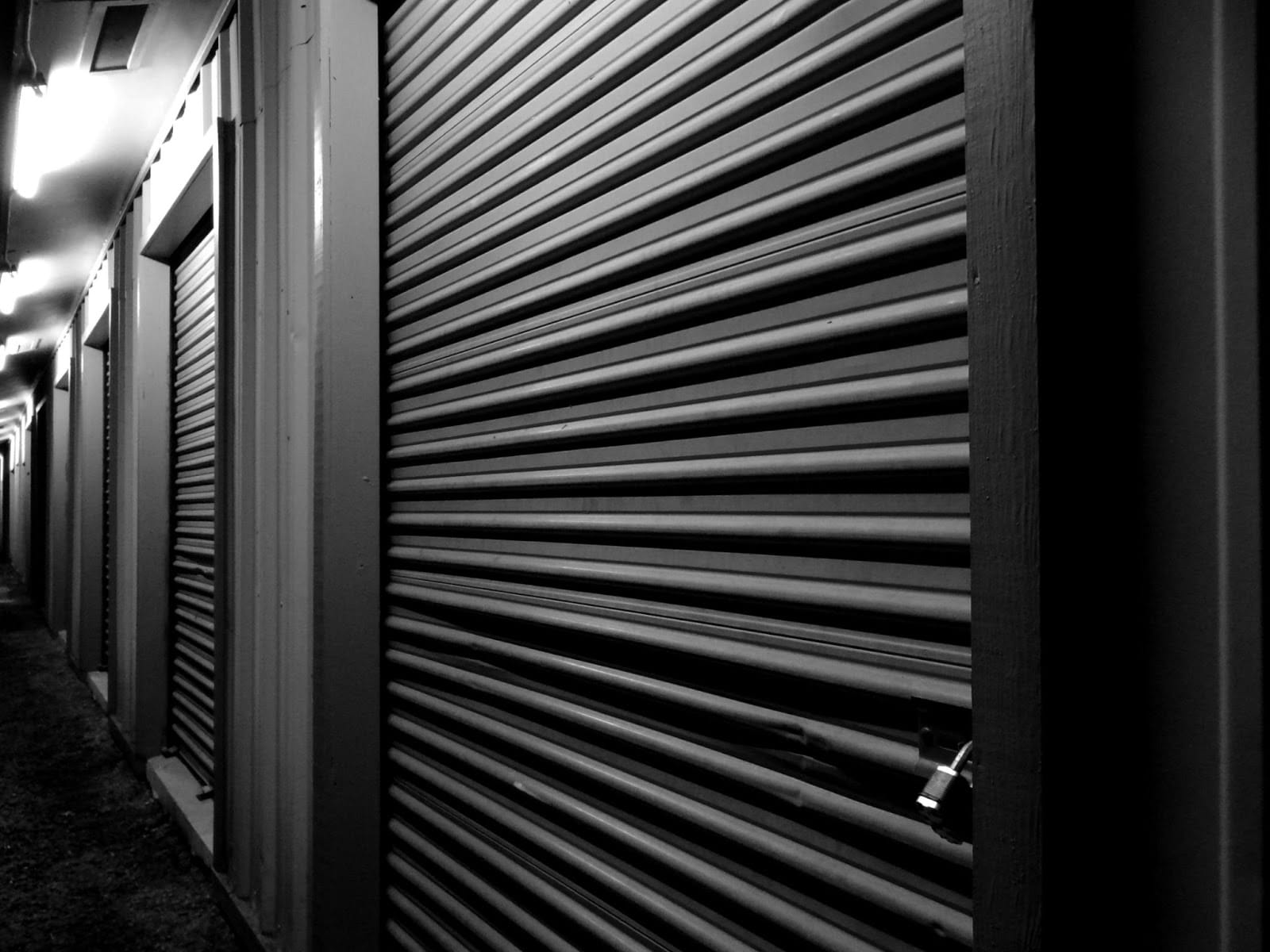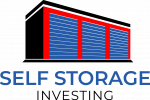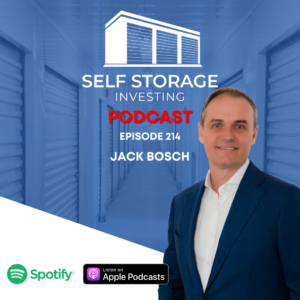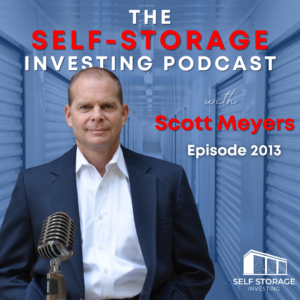Transitioning to self-storage investing might be the best decision you can make for your finances. However, getting into commercial real estate (especially niche markets such as self-storage) can be difficult for new investors. That’s why our guest today is Luke Wong, a self-storage owner and experienced investor who is ready to guide you into the world of smart investing.
Luke Wong is the owner of 9 Mile Capital, a company that specializes in commercial real estate investment with a focus on self-storage. Currently, he owns/co-owns around twelve hundred units of storage spaces, which all generate separate rental income.
In this episode of the Self-Storage Podcast, we’ll be talking about investing in 2021. Due to its recession-resistant nature, the self-storage industry will be booming this year, too, so you need to take the opportunity to invest and secure regular income for yourself and your family.
Is Self-Storage a Profitable Business?

We’d argue that profitability depends on the current state of the market and on the business owners themselves. Luckily, in this market, we’re all friendly competitors. Everything’s a fair game, on the table, and ready to go. Some storage facility owners even partner on better deals because they see more profits in the long term when they collaborate. Some people have the land, some are better with development, and others are better in the management and financing sectors, so when we all work together, we get excellent results.
Also, having a wholesaling mindset can help you put more value in the deal and earn profits from it. Acquiring just one self-storage facility gives you access to hundreds of units for rent, each bringing separate cash flow. Hence, vacancy isn’t a problem. If you don’t lease two out of your hundred units, you’ll still be earning decent profits. Unlike residential real estate, where you rely on four or five tenants (or sometimes even one tenant) for providing your clash flow, self-storage gives you the option to rent each unit separately and get multiple income sources.
Hence, you should keep an eye on the square feet of each facility. When you look at properties, you’ll need to think two steps ahead and consider how many units you can get from them.
How Much Money Do Storage Unit Owners Make?
You might want to invest in self-storage because you’ve heard all about the profitability of real estate investing in niche markets. But how profitable is it to own a facility?
The average profits are 60-70% percent of full occupancy, and currently, the average industry occupancy is around 90%. This is due to a high demand and people looking for places to hold their stuff during hardships. Experts say that the industry is expected to keep growing at a 5% per year growth rate. With an average 11% profit margin, we’d say you should definitely consider transitioning to self-storage investing.
Are Self-Storage Facilities a Good Investment?
As with all investments, to grow your portfolio you need partners. And you need to be careful with other people’s money. You don’t want to take them on a rocky road. Make sure to always weigh out pros and cons before entering a deal to see whether it’s a good one.
For self-storage facilities, this means checking out the storage space, automatization of storage units, conditions (climate-controlled, secured, etc.), and other factors that could influence the rent price and the demand. You’d also want to check out the location because the same rules apply in that regard as in other real estate asset classes. Location hugely impacts the value of the self-storage units.
With self-storage, you have more than one thing going right for you. This asset class is essentially recession-resistant, so the changes in the economy don’t affect it much. On the contrary, the worse the economy gets, the more profitable it is. When businesses are shutting down, office spaces become redundant, and when people are down-sizing to smaller single-family homes, large apartment buildings might not be as profitable. However, even though people are cutting costs and changing locations, they don’t want to get rid of their belongings. Enter – storage space! For the low price of units, people can store their vehicles, office equipment, bulky items, and other things with ease. The entire process of renting units is also very automated, so there isn’t any hassle for owners and the tenants.
Transitioning to Self-Storage Investing
How can you get into self-storage? For starters, you could use advice from experienced investors and find a group of like-minded people to support you. For Luke Wong, as a residential developer, he was already very familiar with the real estate world. From renovating houses and wholesaling residential property, he transitioned to the commercial sector by passively investing in favorable deals.
That’s right – you can be either active or passive when it comes to investing in self-storage. Everything depends on the amount of time you have available and how much you wish to be involved.
Also, like in all businesses, networking can be hugely beneficial for your success. Keep on connecting and talking to people. Listen to others’ experiences and become a valuable member of your community. Just don’t sit still. This is Luke’s advice for beginners in the industry.
Our mission has always been to bring everyone together to share ideas and experiences. Young investors, mom and pop investors, experienced business owners – everyone can join our community and start their self-storage journey.
For more information on how you can start generating passive income with self storage, check out our FREE Blueprint for actionable tips on how you can succeed in the fastest growing real estate sector in the US!



